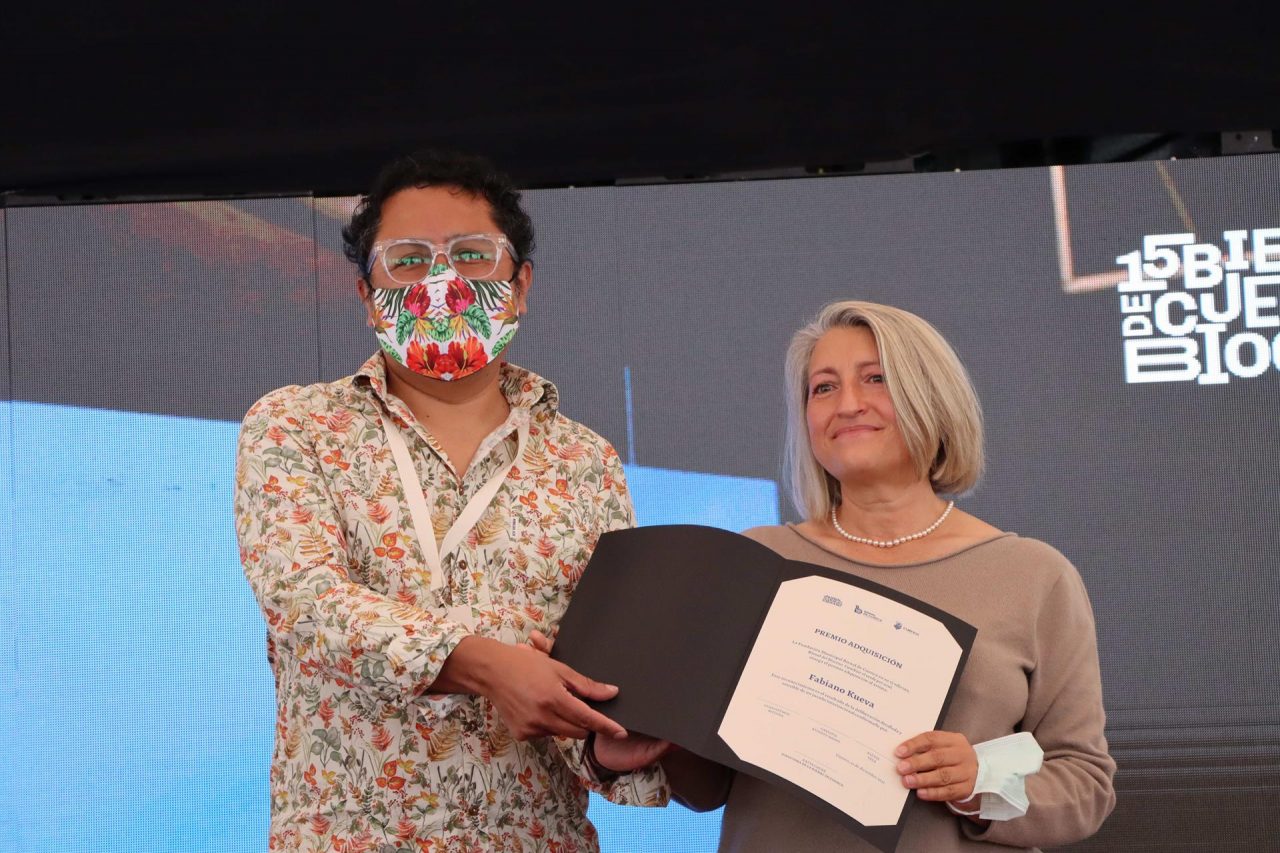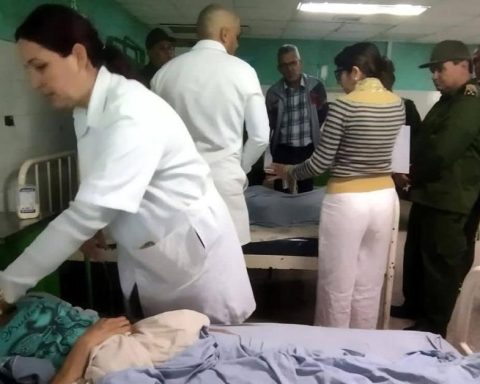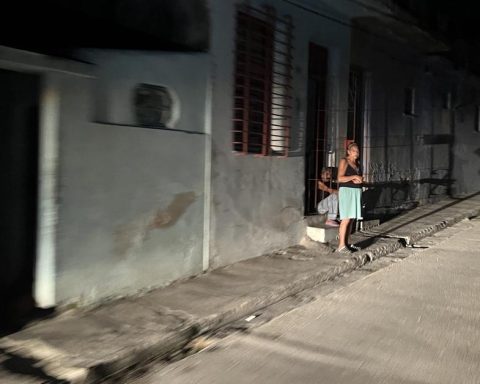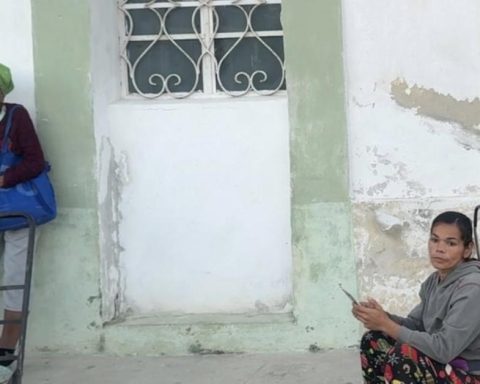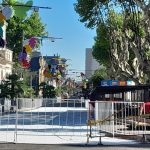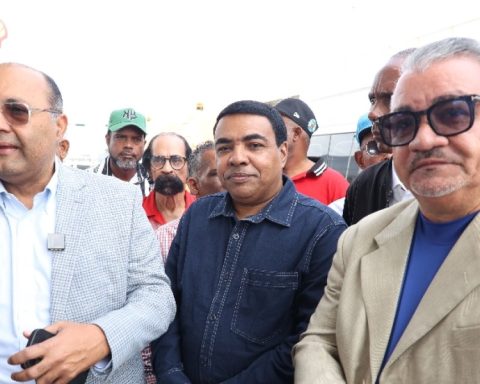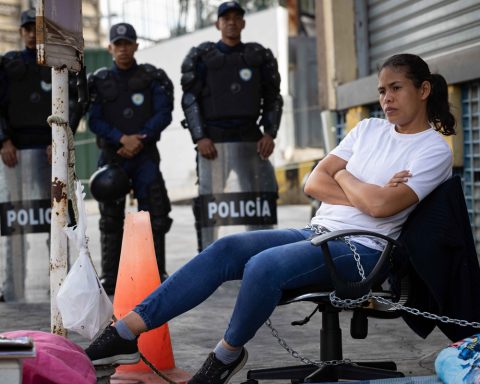The Ecuadorian Fabiano Kueva, the Mexican Tania Candiani, and the Spanish, Cristina Lucas, were awarded the first, second and third prizes, respectively, in the event inaugurated this Friday, December 10, 2021.
Works by 34 visual artists from different countries participate in this edition that has focused on nature and sustainability, under the curatorship of the Spanish Blanca De la Torre.
Honorable mentions have been received by the Mexican artist Love Muñoz and the switzerland Ursula Biemann, while the Ecuadorian Pamela Cevallos has been awarded the Paris Prize, according to an official statement of this Biennial that will last until February 28.
Of the tower indicated that the choice of the participants in the current edition was aligned with works close to their theoretical investigations and aesthetic approaches around the concept of the Biocene, understood as “a new era that places life at the center,” he explained to EFE, days before the inauguration.
The mayor of Cuenca, Pedro Palacios, highlighted in the act that opened the Biennial that the artistic event has a history of 34 years and has become the only international cultural process in Ecuador which welcomes the contemporary creation of the visual arts from an expanded field.
With 33 works (one shared by two authors) spread over different venues within walking distance, the curatorial proposal in this edition is called “Biennial of the Biocene, Changing green for blue” and is developed along three conceptual axes: Ancestral and traditional knowledge, critical ecofeminism and future scenarios.
Among the participating artists are seven Spaniards, the same number as Ecuadorians, and a significant presence of Latin Americans, as well as Europeans and North Americans.
The Spanish Asuncion Molinos Gordo presents a work that is related to his career studying peasant cultures and the production of knowledge linked to agriculture, which represents the use of water in the Ecuadorian tradition.
“Peasant culture is international and many times farmers from different parts of the world do not share language, tradition, modes of production, economy, but they do share a responsibility with the territory, they are integrated knowledge”, highlights this artist who specializes in rural cultures.
Defender that all traditional peasant practices “are responsible with other species, with longevity, with a long-term vision, in the face of short-termism and extractivism”, her piece is inspired by the vast pottery tradition of Ecuador.
